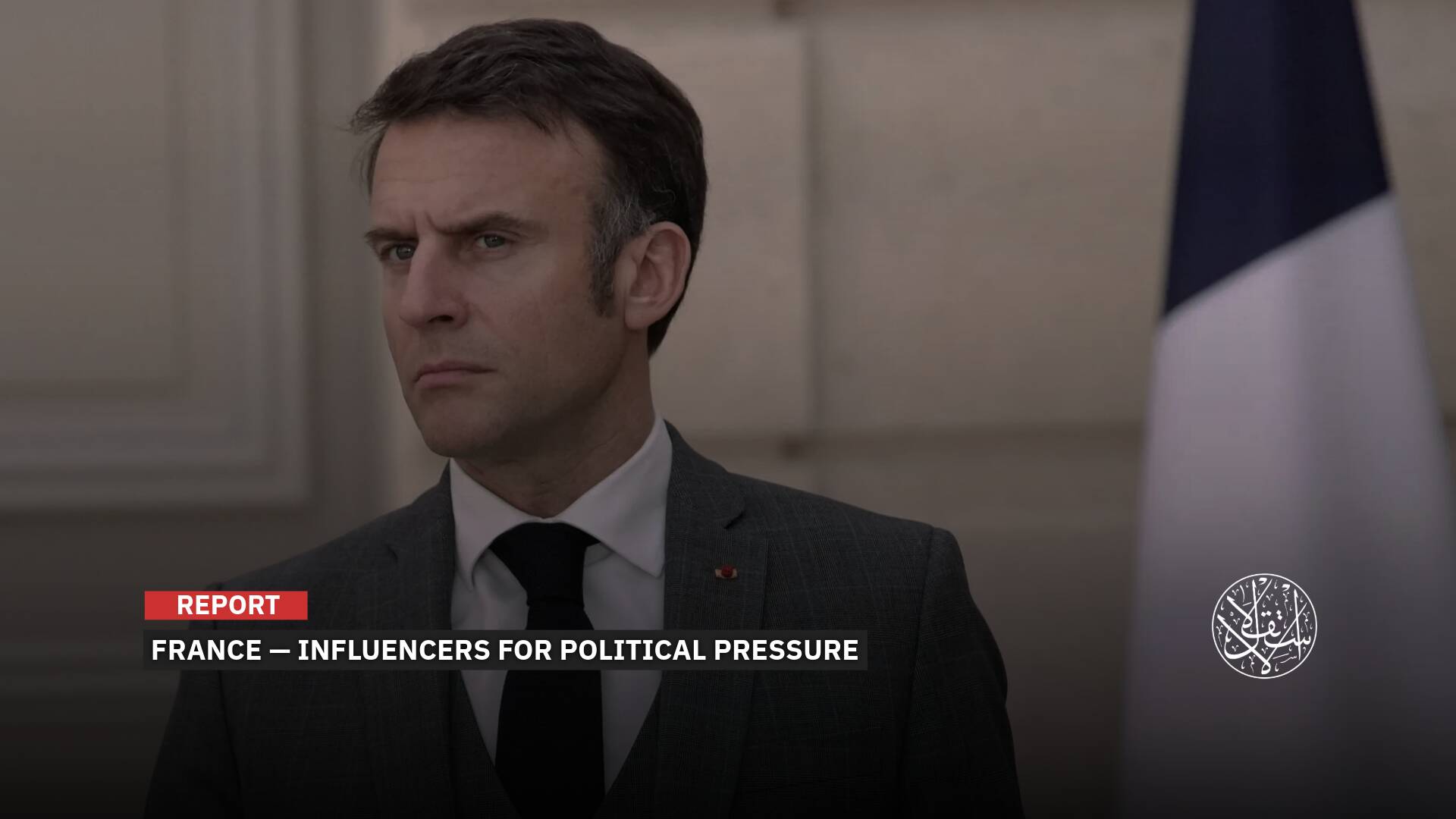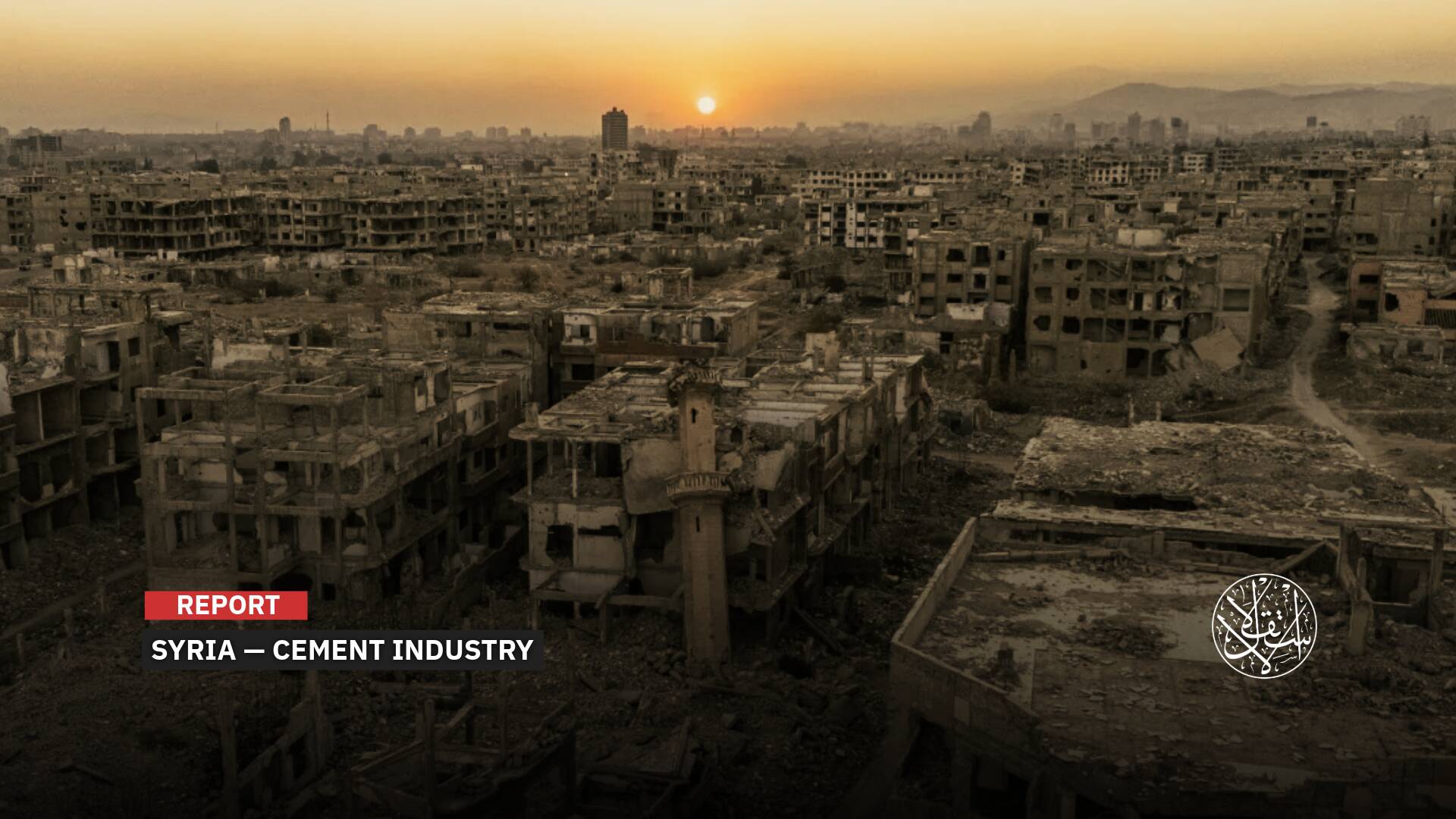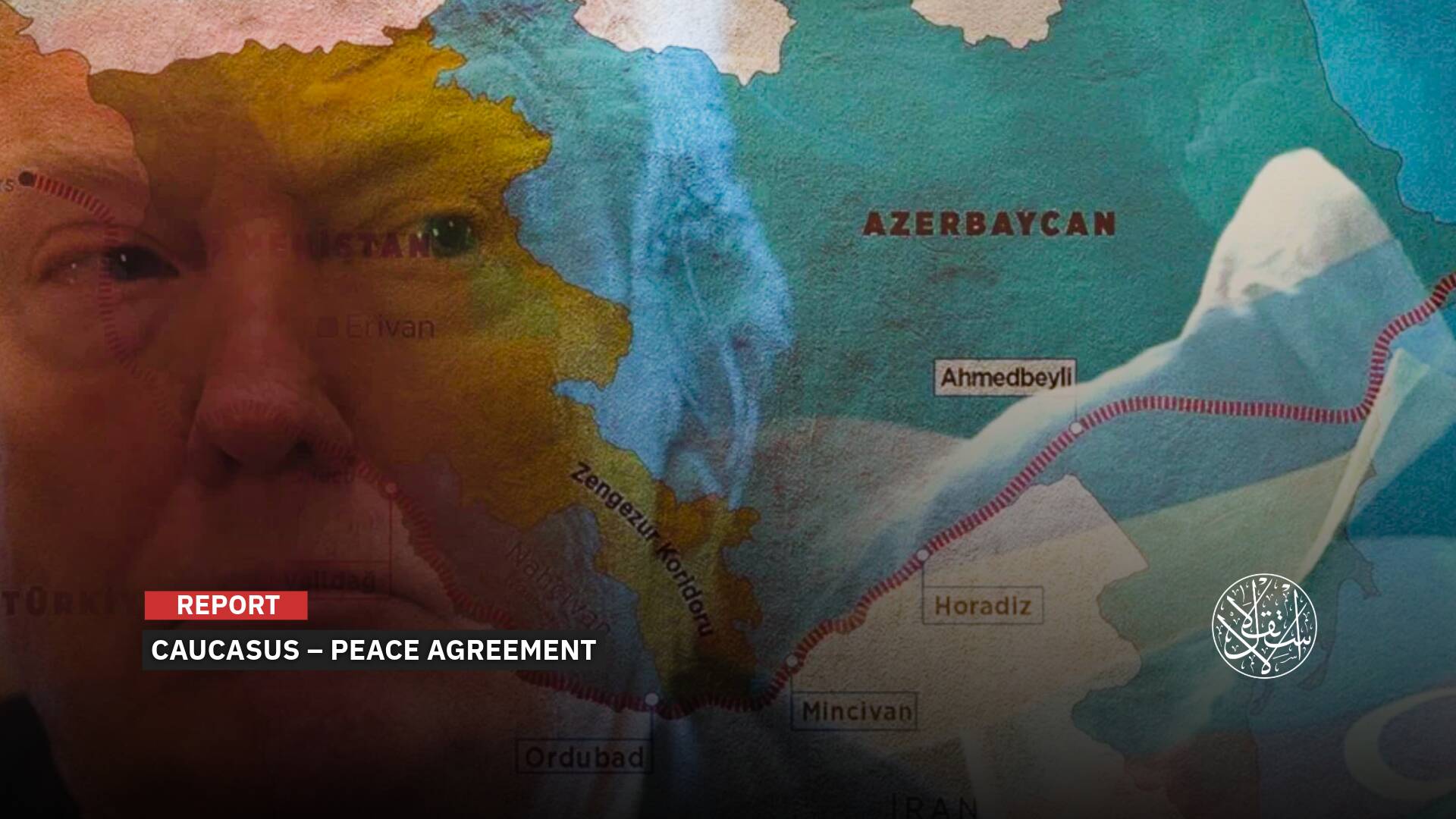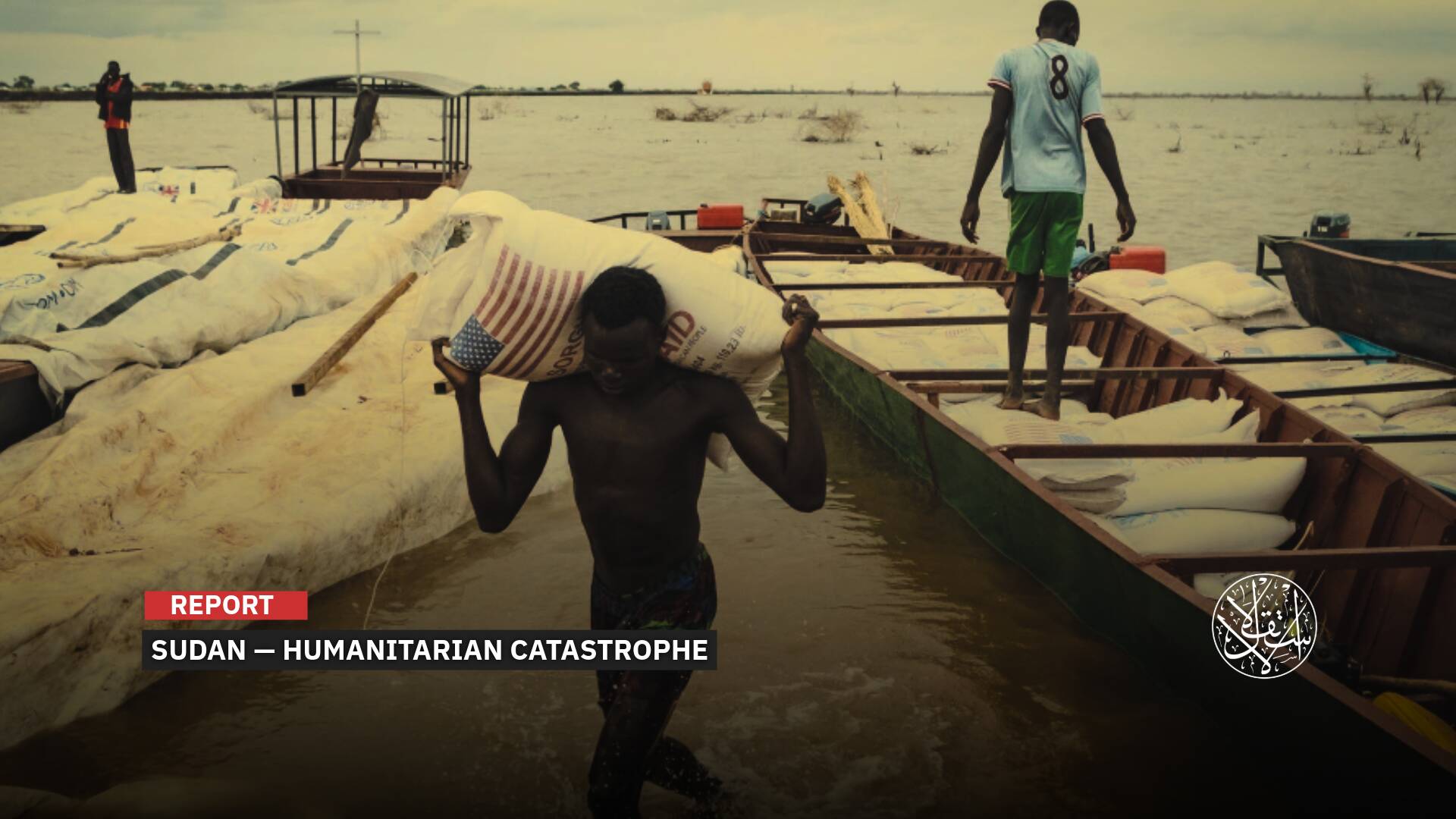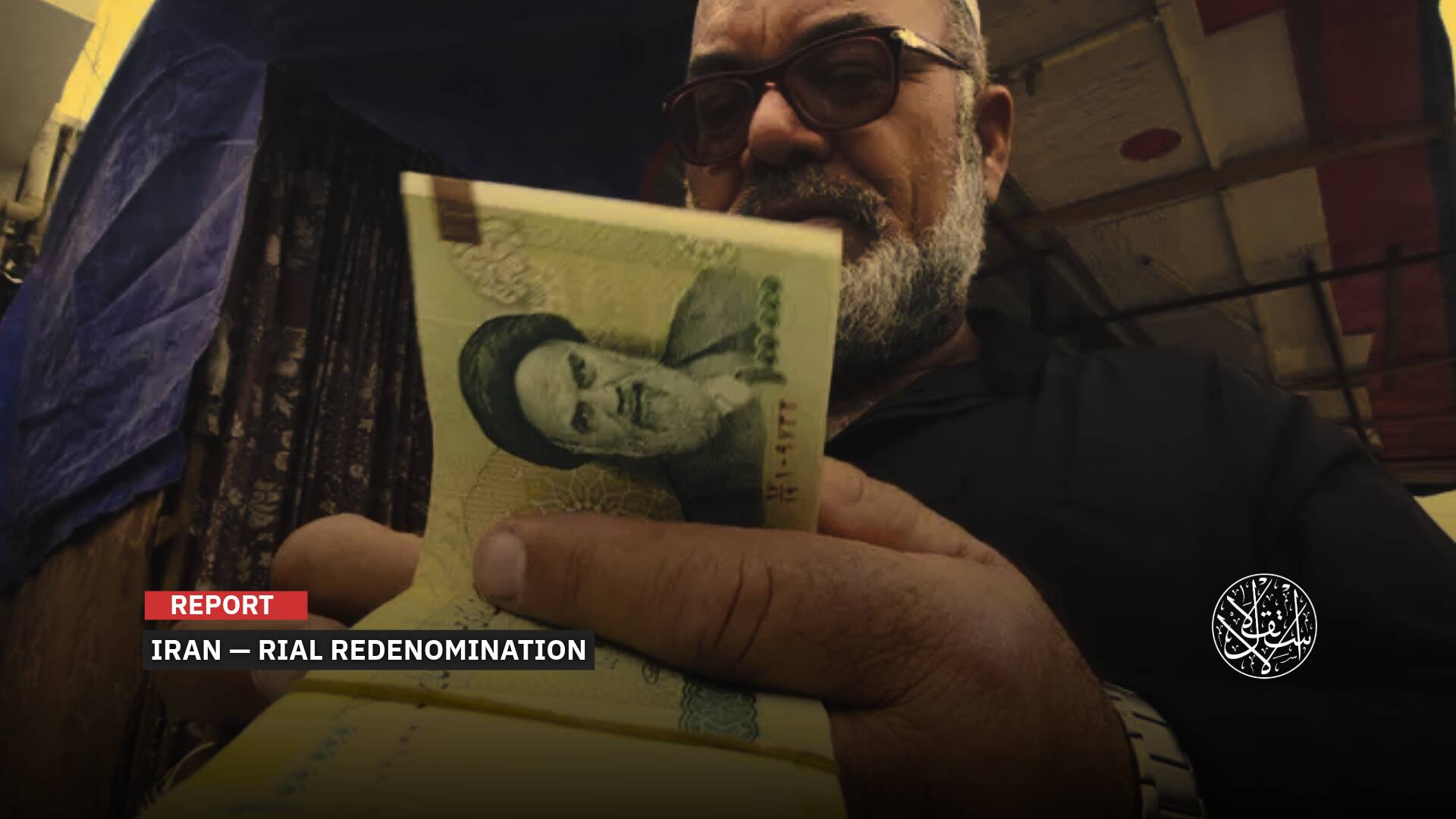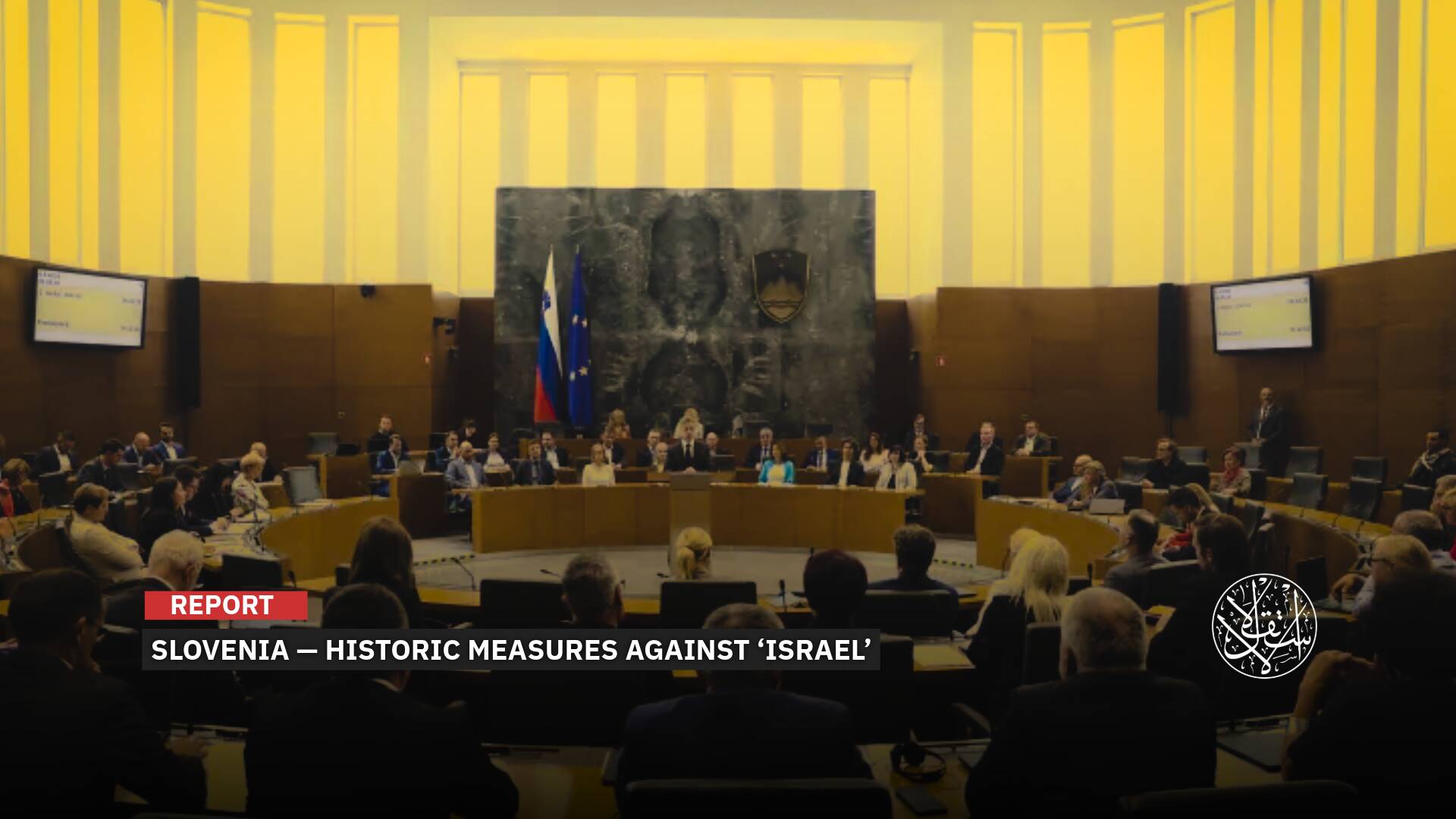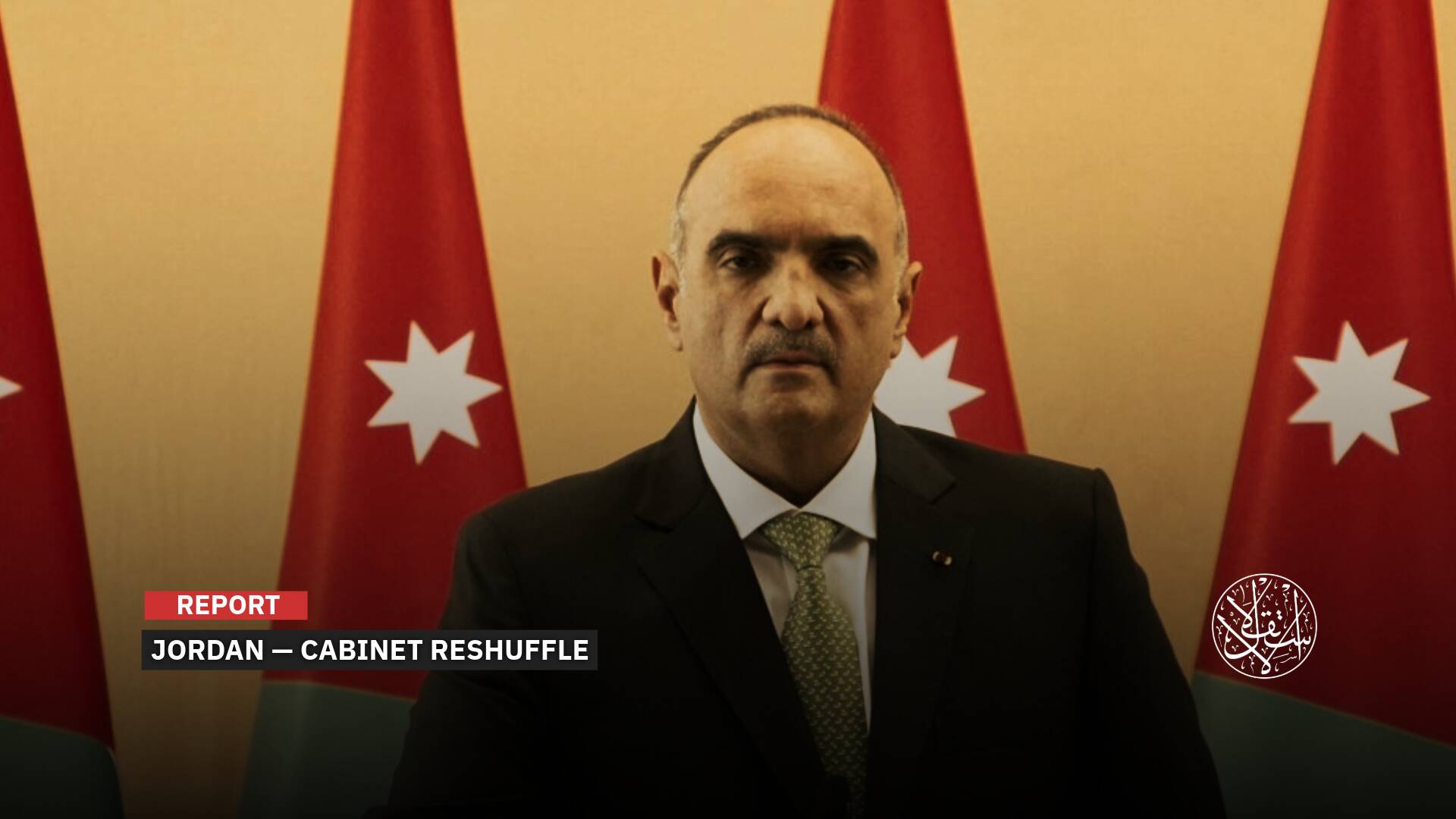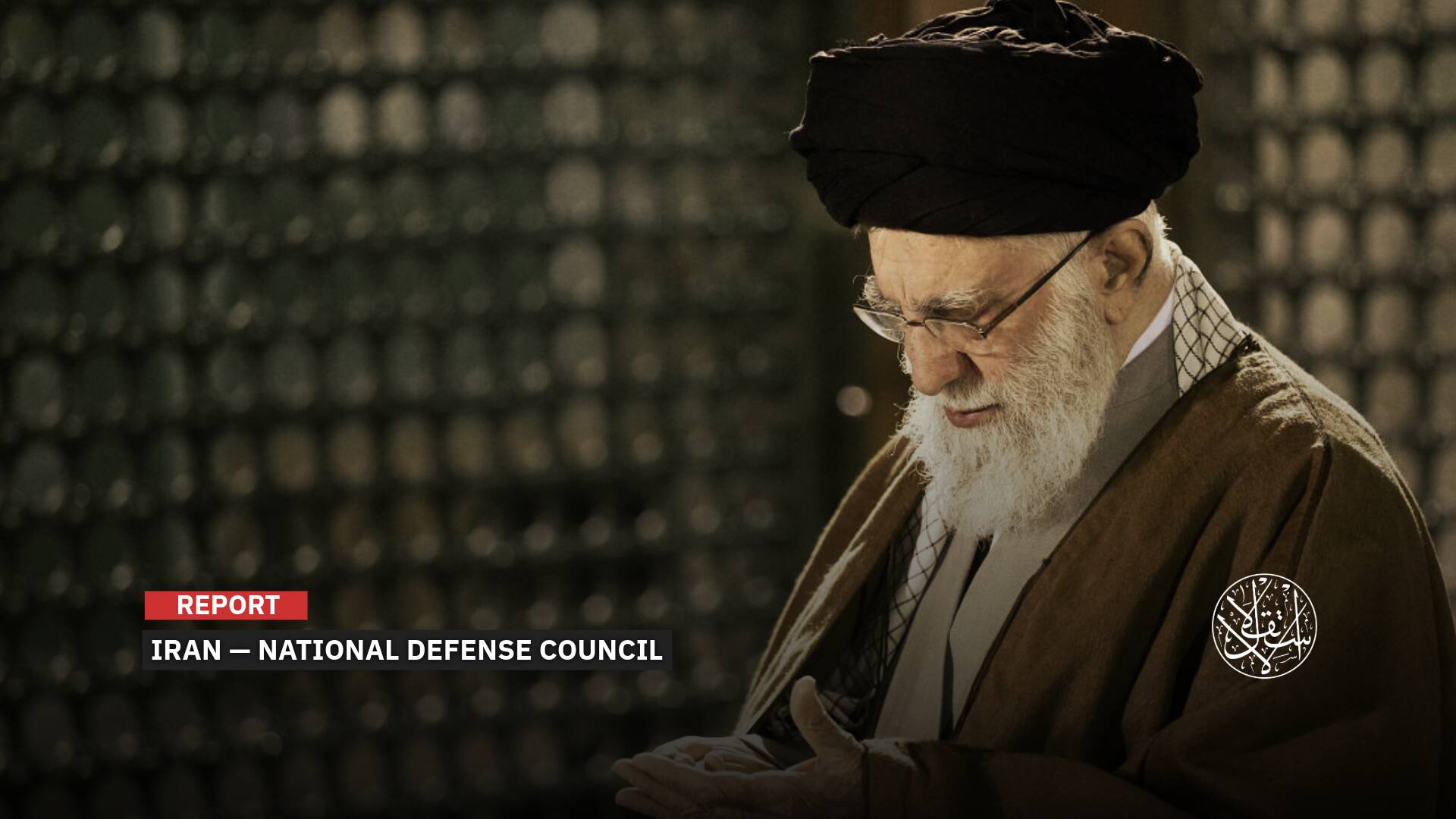Alarming Escalation: This Is How the Israeli Government Plans to Shut Down Foreign News Outlets

“Al Jazeera has accused Israel of systematically employing its employees, particularly during its war in Gaza.”
Israeli Prime Minister Benjamin Netanyahu pledged to stop the activities of the Qatar-based Al-Jazeera Media Network inside "Israel," after the Knesset approved a law allowing the temporary closure of foreign TV channels considered a threat to national security while Al-Jazeera described the Israeli action as an alarming escalation, and the U.S. administration expressed its concern.
The controversial law, approved last week, will allow the Israeli government to close the network for a renewable period of 45 days and will remain in effect until the end of July or until the end of the Israeli war on Gaza.
It is noteworthy that Al-Jazeera has devoted a large amount of space to covering the ongoing Israeli war on the Gaza Strip since last October 7.
It also recently broadcast several exclusive videos about Israeli drones targeting unarmed civilians inside the Gaza Strip.
Media Ban
In early April, the Israeli Knesset voted in favor of a law granting Prime Minister Benjamin Netanyahu temporary powers to ban foreign TV channels from operating in "Israel," under the pretext that they harm the country's national security.
Netanyahu claimed that Al-Jazeera harmed Israeli security, actively participated in the October 7 massacre, and incited against Israeli army soldiers.
"The time has come to remove the mouthpiece of Hamas from our country," as he described it.
Last January, "Israel" claimed that an Al-Jazeera staff journalist and a freelancer killed in an air strike in Gaza were terror operatives.
The following month, it claimed another journalist for the channel, wounded in a separate strike, was a deputy company commander with Hamas.
Under this law, which was approved by a majority of 71 members and 10 members opposed, out of 120, the measures are not limited only to suspending the broadcast of foreign channels but extend to steps such as closing offices in "Israel," confiscating equipment, and shutting down websites if the server is located inside "Israel."
All these steps come within the framework of what the Israeli government sees as protecting national security and combating incitement.
Last February, Israeli Communications Minister Shlomo Karhi announced that the government had put in place the required measures to prevent Al-Jazeera from broadcasting from “Israel,” accusing Al-Jazeera of inciting hostilities against “Israel.”
He said that it is impossible to tolerate a media outlet that has work permits from the government press office, has offices in “Israel,” and works from within against us, especially in times of war.
In turn, Israeli War Council member Benny Gantz described Al-Jazeera's coverage of the war on the Gaza Strip as inflammatory and unbalanced, stressing the need to restrict its broadcast through legal means.
"From a security point of view, its broadcast must be restricted, and the proposal regarding this must be passed through decisions issued by the security establishment, the Israeli government, the war council, and the expanded ministerial council, and not in any other way," he added.

Controversial Law
The controversy over the closure of Al-Jazeera is not limited to legal and political aspects but also raises questions about freedom of expression and the role of the media in reporting the facts.
Reactions varied, as some expressed disappointment and anger, while others saw the decision as an affirmation of the importance of Al-Jazeera's role in revealing events from different points of view, pointing out that attempts to silence her voice only highlight the need for transparency and truth in news coverage.
Al-Jazeera Media Network denounced Netanyahu's statements, describing them as a dangerous and ridiculous lie.
The network also said the law, which "Israel" has been pushing since the beginning of its nearly six-month war on Gaza, was part of a series of systematic Israeli attacks to silence Al-Jazeera.
It cited the killing of its journalists Samer Abu Daqqa and Hamza Dahdouh during the war in Gaza, as well as the deliberate targeting of a number of Al-Jazeera journalists and their family members and the arrest and intimidation of its correspondents in the field.
The head of the Democratic and Arab Front for Change coalition in the Knesset, Ahmad Tibi, asked during the discussions whether the leaks of Israeli channels 11, 12, and 13 cause harm to the security of the state.
The head of the committee replied that the law proposal only addresses foreign TV channels.
"There are two goals behind this law. The first is populist, the purpose of which is to please the far-right, which has worked to demonize Al-Jazeera, and the other is practical, as they do not want Al-Jazeera and others to do their job so as not to transmit their atrocities," Mr. Tibi said.
In turn, Knesset member Mansour Abbas opposed the law, noting that Al-Jazeera's continued broadcasting from "Israel" was in Israeli interest.
According to Abbas, the Israeli position was always present in the news and programs broadcast by the channel.
On its part, Yedioth Ahronoth newspaper said that although Netanyahu welcomed the island law, the Likud Party was subjected to severe criticism regarding the wording of the project.
The newspaper also quoted Amit Halevi, a member of the Knesset from the Likud Party, as saying that the law is useless and will cause harm, and that it will not prevent Al-Jazeera's audience from continuing to watch it.
The Association for Civil Rights in “Israel” criticized the law, saying that its real purpose is not security but political."
It added that "the law is particularly dangerous because, in addition to grossly violating freedom of expression and freedom of the press, it also prohibits the court from overturning a disproportionate decision, effectively restricting the court from interfering in decisions related to the closure of media outlets.
"The recent law is a direct continuation of judicial reforms, damaging the courts and the media while cynically using justifications for war and security," it said.

Israeli Pressure Card
Since the Gaza war that broke out on October 7, Qatar has brokered ceasefire talks in which "Israel" recovered some of the hostages it had held.
However, new negotiations on a second truce have apparently led nowhere so far.
Last January, Netanyahu publicly called for pressure on the Qataris to put more pressure on Hamas, as Doha hosts the Hamas political office and a number of its senior officials.
Israeli government spokesman Avi Hyman did not respond directly to Reuters' question about whether the threat to take action against Al-Jazeera was part of such pressure.
On its part, Yedioth Ahronoth newspaper said that Netanyahu's government cannot close Al-Jazeera inside “Israel,” and the law passed by the Knesset is nothing but a pressure card on Qatar to pressure Hamas to make concessions in the negotiations.
The newspaper pointed out that "the closure of Al-Jazeera is just a hoax because the law does not actually allow the closure of the channel, but in the extreme, it restricts its activity in the occupied territories and nothing more.
"If Israel had really wanted to close the island, it would have closed it a long time ago. The demand to close it is not new, and every time political, security, and legal officials say that the political and diplomatic damage that will result from the step is not compared to its benefits," it added.
"Israel" has long had a rocky relationship with Al-Jazeera, accusing it of bias against "Israel."
Relations took a major downturn nearly two years ago when Al-Jazeera correspondent Shireen Abu Akleh was killed during an Israeli military raid in the occupied West Bank.
The Palestinian-American journalist was well-known across the Arab world for her critical coverage of "Israel,” and the channel accused “Israel” of intentionally killing her.

International Concern
In the same context, several Western countries — including the United States — expressed their concern about Israeli law.
The German Foreign Ministry said that it is following with concern the new Israeli media law, adding that a free and diverse press scene is the cornerstone of liberal democracy.
Norwegian Foreign Minister Espen Barth Eide said that banning a news outlet, such as Al-Jazeera, is a direct attack on freedom of the press.
White House spokeswoman Karine Jean-Pierre also expressed her country's concern about the Knesset's approval to close Al-Jazeera in “Israel.”
She said that "Washington supports freedom of the press, including the work of journalists covering the war on Gaza."
U.S. Congresswoman Democratic Rep. Rashida Tlaib said that "Israel now wants to completely shut down Al-Jazeera, to prevent the world from seeing the war crimes it is committing."
Reporters Without Borders said that "Israel is using all possible means in an attempt to silence Al-Jazeera because of its coverage of the reality of the Palestinians in the West Bank and Gaza."
Omar Shaker, director of Human Rights Watch in "Israel" and Palestine, said that the law is a worrying escalation in Israeli efforts to suppress critics of violations, pointing out that it represents an attack on freedom of expression, and limits people's ability to know what is happening in the Gaza Strip.

Sources
- In second and third reading: the law to close Al-Jazeera was approved by the Knesset
- 'Why Does Israel Fear Al Jazeera?' Palestinian Citizens Criticize New Law Threatening Its Broadcasts
- Hamas Mouthpiece: Netanyahu Lauds New Law Allowing Him to Shut Al Jazeera in Israel
- Al Jazeera: Netanyahu’s statements are lies that incite against the safety of our journalists around the world
- Israel Passes Law Paving the Way to Expel Al Jazeera


